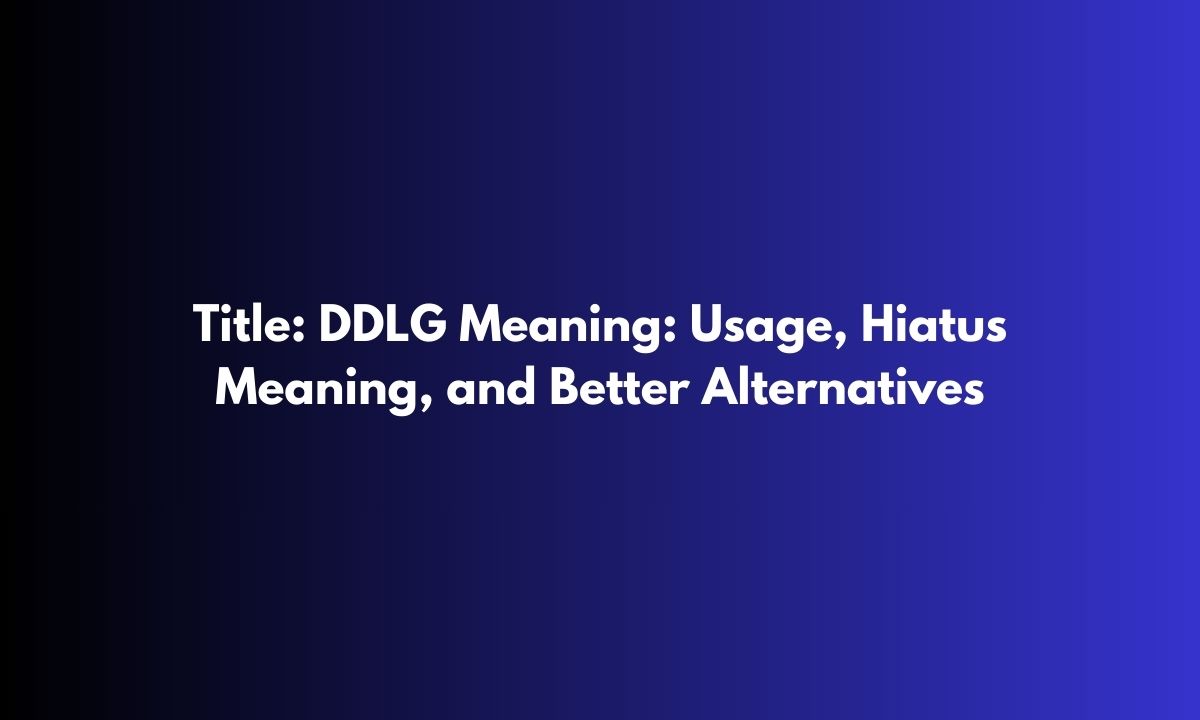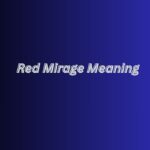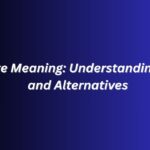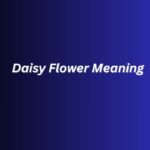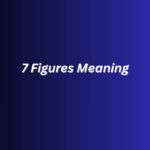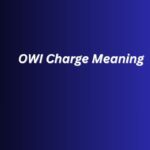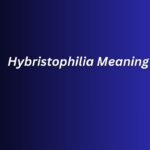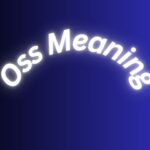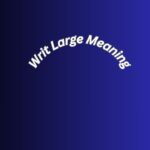The phrase “ddlg meaning” often sparks curiosity among people exploring modern communication, online communities, and slang. While it originates in specific subcultures, its interpretation varies widely depending on context, tone, and intent. Understanding its nuances can help avoid confusion and miscommunication.
In today’s world of text messages, forums, and social media, acronyms like ddlg can carry layered connotations. Readers often encounter the term in discussions ranging from lifestyle communities to casual digital conversations, and knowing its meaning empowers clearer understanding.
This article explores the hiatus meaning of ddlg, how it is applied in text, and possible alternatives when politeness, professionalism, or casual tone are required. By the end, you will have a comprehensive guide to its interpretation, along with 15 versatile expressions to use instead.
What Does “DDLG” Mean?
The acronym DDLG stands for “Daddy Dom / Little Girl”. It originates in online and lifestyle communities where people engage in role-based dynamics that emphasize nurturing, guidance, or structured relationships. In its raw sense, DDLG describes a relationship dynamic rather than a literal description of family ties.
It is essential to note that DDLG meaning is context-driven. While within certain subcultures it may describe a consensual role-play or relationship style, outside of those communities, it can be misinterpreted or sound inappropriate. That is why understanding the background before using or interpreting it is crucial.
From a linguistic perspective, DDLG in text also shows how acronyms evolve across internet culture. Sometimes, it’s used metaphorically to indicate care, protectiveness, or playful dynamics, but in professional or neutral communication, alternative expressions are strongly recommended.
Hiatus Meaning of “DDLG”
When people speak about the hiatus meaning of “DDLG,” they often refer to its pause, break, or shift in use outside its original subculture. Some words or acronyms migrate into mainstream digital conversations, but their hiatus often happens when users avoid them due to sensitivity, misinterpretation, or stigma.
For example, while “DDLG” once circulated primarily within certain lifestyle communities, its use in everyday texting has largely paused or shifted. This is because many find the acronym too niche, too intimate, or simply not suitable for general communication.
Therefore, when someone mentions the hiatus meaning of DDLG, they may be pointing to the gap between its subcultural origin and how rarely it appears in polite, professional, or everyday text exchanges.
DDLG Meaning in Text
In texting, acronyms often lose their original depth and instead act as shorthand. However, ddlg in text is rarely used outside communities familiar with the term. To someone unfamiliar, it could look confusing, unclear, or even raise unintended concerns.
This is why exploring alternatives to ddlg becomes vital. In professional emails, social conversations, or casual friendly chats, it is better to rely on words that capture the essence of care, guidance, or affection without risking misunderstanding.
For instance, instead of writing “ddlg,” a person might express “mentor role,” “guide,” “protector,” or use softer well-wishing phrases depending on the situation. The choice of substitute depends entirely on tone and setting.
Why Use Alternatives to “DDLG”?
- Clarity – Many people are unfamiliar with the acronym, so using it may confuse readers.
- Professionalism – The term can sound too intimate or inappropriate for workplace communication.
- Tone – Alternatives can soften or adjust meaning to suit a casual, polite, or respectful exchange.
- Cultural Sensitivity – Because of its origins, some may find it uncomfortable or misaligned with their values.
By learning polite, professional, and casual alternatives, you ensure your words are appropriate while still delivering warmth, guidance, or care.
Alternatives to “DDLG”
Below are 15 alternatives to express similar tones of protection, nurturing, or playful guidance without using “DDLG.” Each is explained in context for clarity.
1. Mentor Figure
Often used in educational or professional contexts, this conveys respect and authority while maintaining warmth. Example: “She has always been a mentor figure to me.”
2. Guardian
This word emphasizes protectiveness and responsibility, making it suitable in both formal and personal settings. Example: “He acted like a true guardian in difficult times.”
3. Caregiver
Best for expressing nurturing without intimate undertones, “caregiver” is polite and professional. Example: “Her role as a caregiver goes beyond responsibility—it reflects compassion.”
4. Guide
Simple and versatile, “guide” emphasizes leadership and direction. Example: “He was a guide in my career decisions.”
5. Protector
This word communicates safety and reliability. Example: “She has always been my protector in uncertain times.”
6. Role Model
Highlights admiration and inspiration in professional or social settings. Example: “He is a role model for many young professionals.”
7. Supporter
Neutral and versatile, this alternative emphasizes encouragement. Example: “She has been my greatest supporter through challenges.”
8. Teacher
Common and respectful, “teacher” works in both professional and casual contexts. Example: “Life is the best teacher we all have.”
9. Leader
Conveys authority and responsibility while remaining neutral. Example: “He emerged as a leader during the crisis.”
10. Nurturer
This emphasizes kindness and emotional support. Example: “Her role as a nurturer created a safe space for growth.”
11. Advisor
Professional and respectful, “advisor” conveys wisdom and support. Example: “She has been my trusted advisor in business matters.”
12. Big Brother / Big Sister
Casual and familial, this can work well in friendly exchanges. Example: “He has always been like a big brother to me.”
13. Caretaker
Polite and neutral, suitable for both personal and professional settings. Example: “The caretaker ensured everything was handled smoothly.”
14. Guardian Angel
Softer and poetic, often used in casual or emotional expressions. Example: “You’ve been my guardian angel during this journey.”
15. Well-Wisher
This alternative highlights good intentions without intimacy. Example: “He has been my constant well-wisher, always encouraging me.”
How to Choose the Right Alternative
When deciding how to replace “DDLG” in text, consider three key aspects:
- Politeness Level – In professional emails, words like “advisor,” “mentor,” or “guide” work best.
- Casual Tone – In chats with friends, “big brother” or “guardian angel” sound warmer.
- Professionalism – In workplace documents, “leader,” “teacher,” or “supporter” are safer and clearer.
By tailoring your choice, you ensure your communication remains respectful, clear, and aligned with context.
Examples in Different Contexts
Here are practical sentence examples showing how to use alternatives in real communication:
- Professional: “My mentor has helped shape my career choices with patience and guidance.”
- Casual: “You’ve always been my big sister, watching over me when I needed it most.”
- Polite: “I truly appreciate your support—you’ve been my constant well-wisher.”
These variations highlight why replacing ddlg in text with thoughtful alternatives ensures appropriateness while still conveying the intended meaning.
Conclusion
The ddlg meaning can vary widely, but its origins and context make it unsuitable for many forms of general communication. Its hiatus meaning points to why people often avoid the acronym in mainstream exchanges.
By learning professional, polite, and casual alternatives, you expand your communication toolbox. Whether you choose “mentor,” “guardian angel,” or “advisor,” each option allows you to express warmth, care, or authority without confusion or discomfort.
In essence, while DDLG meaning in text might puzzle many, the alternatives offered here ensure clarity and professionalism across every context—personal, casual, or formal.

Elizabeth crafts heartfelt messages for every occasion—anniversary wishes, love notes, prayers, thank-yous, and inspirational greetings—bringing warmth, joy, and connection to your special moments.
